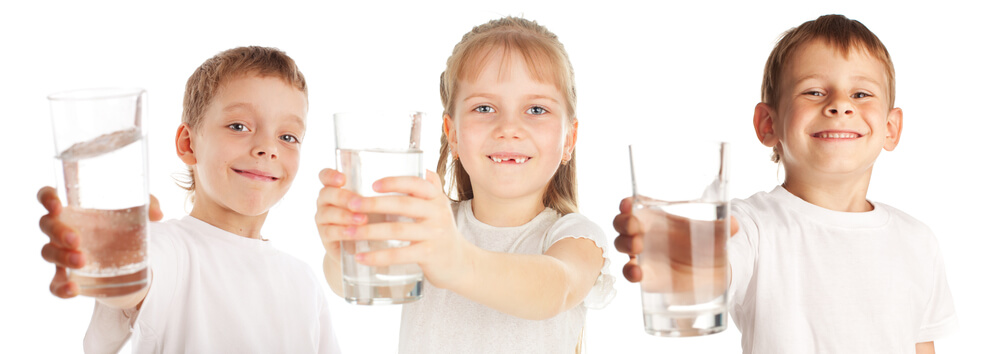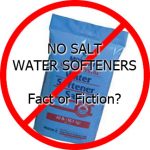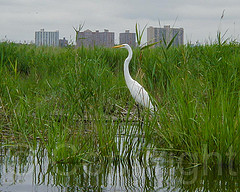Salt Vs. Salt Free Water Softening Systems In Passaic and Bergen Counties

Is one more viable than the other? Here is some interesting information to help you understand the difference when choosing a salt versus a salt-free water softening system and yet insuring you’re doing what’s best for your environment, home and family.
How the salt based system works:
Water softening is removing calcium (Ca2+) and Magnesium (Mg2+) from the water through ion exchange which uses a polymer resin bed that gives off a sodium particle in exchange for those hardness minerals,.
Works great.
As water is flushing through the process, the system is made to automatically ‘flush’ collected particles after the resin bed reaches a saturation point. The collected particles are flushed out through the drain lines.
How the non-salt based system works:
In this process minerals are trained in the water, but their form is changed so they will not adhere to surfaces. The water in this scenario is processed through a catalytic media using a physical process called Template Assisted Crystallization (TAC). This is actually water conditioning not softening.
If testing water via both processes, you will find in the salt-bearing process that water with 10 grains of hardness prior to softening would test at 0 grains of hardness after going through the process.
Conversely, water sent through the non-salt bearing process with 10 grains of hardness would show 10 grains of hardness after going through the non-salt bearing process. Again, the difference is softening versus conditioning.
Keep in mind; however, that the non-salt system is essentially a descaler and the minerals that cause the hardness are not being removed from the water. They are still building up somewhere in your home’s water system.
At Home with a Salt-Free Softener
Our personal environment begins in our homes where we each use approximately 50gallons of water per day. Considering that our drinking water contains very little sodium (salt). A water softening system will add trace amounts of additional sodium into your water; however, this depends on the hardness of your water. The harder the water the more sodium required to break down the magnesium and calcium. The EPA surveyed and found most water systems had less than 50 mg sodium per liter. Based on that info, an 8-oz glass of water contains less than 12.5 mg of sodium which falls under the Food and Drug Administrations definition of ‘very low sodium’.
If you have questions, discuss your options with your water softening company. To support any health issues regarding your intake of sodium, first speak with you doctor and then your water softening professional.






